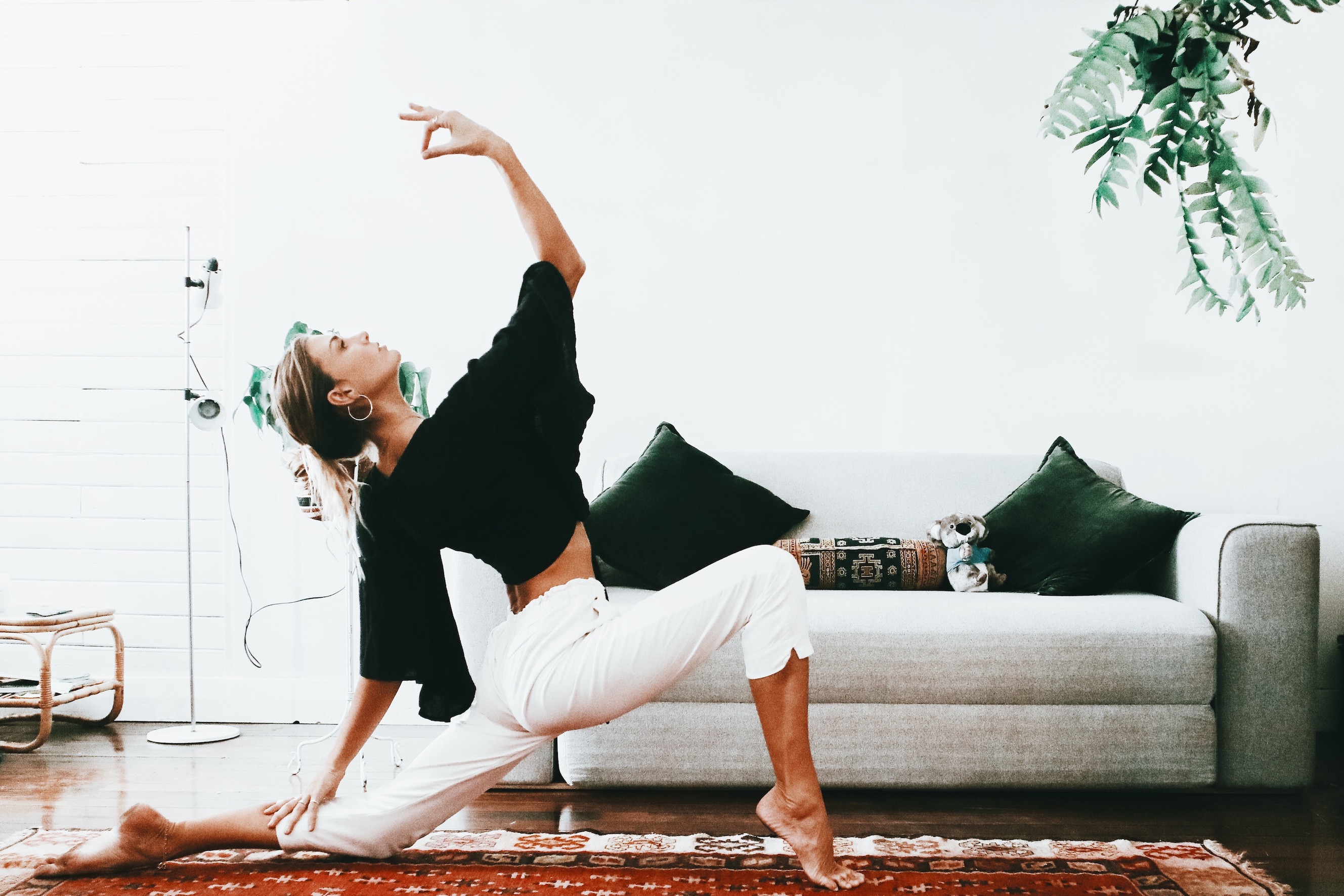Googling “How to unwind after a stressful day”? We’ve all been there.
The stressful school morning. The work has piled up. The last-minute work assignment thrown at you. The crazy traffic on the way back home. The argument with your spouse. The heated Twitter debate in the evening. You know there’ll be another one in the morrow.
At the end of the day, you decide you’ve had enough, and you crawl into bed at the right hour prepared to get your well-deserved eight hours of sleep. But instead of blissfully dozing off you toss and turn, exhausted, for hours. Your thoughts and worries simply won’t leave you. The accumulated stress of the day won’t let your body relax. Stress and information overload is one of the common reasons for insomnia and poor-quality sleep. Sometimes even with the best intentions, even if you’re going to bed on time it’s just plain hard to relax and fall asleep.
That’s why it’s important to take some time to unwind in the evening before hitting the pillow. Ideally, put your phone away a couple of hours before bed and avoid any stressful or stimulating reads or movies – or best, screens in general.

Here is what you can do instead to help you maximise your downtime:
Does meditation work?
Hell. Yes. Do some calming yoga (not the invigorating kind), or simply take time to meditate before bedtime. Meditation is something absolutely anyone can do, and it offers huge benefits. Not only will it help you fall asleep faster, reduce blood pressure and help ease stress and anxiety, it will also improve your sleep quality helping you wake up rested.
Should I start journaling?
We repeat: hell yes. If your thoughts are not letting you sleep, writing them down may help you clear your brain just enough to let it relax. You’ll be surprised how much taking your thoughts out of your head and onto a piece of paper can do for you.
Find the best sleepy time tea
Chamomile has long been recommended as a bedtime herb. Its tranquillising properties are due to the antioxidant called apigenin, which binds to specific receptors in your brain that lessen anxiety and help you relax.
Although researchers are unsure how it works, drinking valerian root tea has also been proven to help you fall asleep and sleep better without adverse effects.
Lavender is famous for its relaxing properties and not just in your bath. Researchers have shown that drinking lavender helps reduce anxiety and settle your nerves.
Does a hot bath relieve stress?
You betchya. Taking a hot bath close to bedtime is also a proven tranquilizer. Not only will it wash away your worries, but getting out of hot water into a cooler bedroom will help your temperature drop thus preparing your body for sleep.
How to relieve stress: exercise!
Strenuous exercise is not recommended too close to bedtime. But gentle exercise such as yoga poses to help you sleep, or even just taking an after dinner walk around the neighborhood can help your mind unwind, can act as a mindfulness meditation or can make you just tired enough to want to go to sleep.
Create a calm space you love being in
Fire engine red might be your favourite hue, but colour psychology tenants throughly suggest other colours for bedrooms and other living spaces to promote calmness and serenity. When it comes to how to unwind after a stressful day, it’s important to take time selecting linens, homewares, wall colours and artwork to calm your mind and delight your eyeballs.



